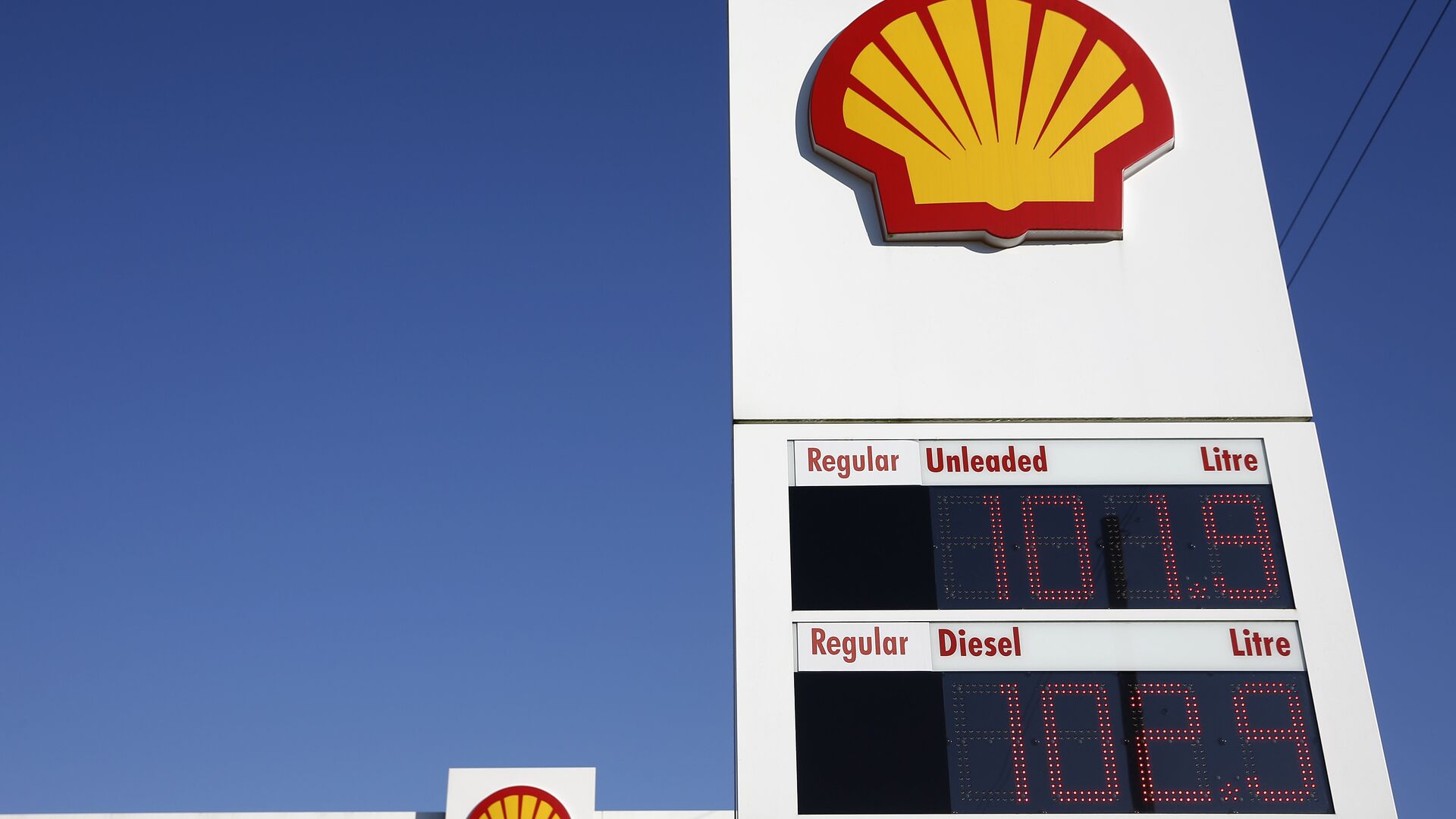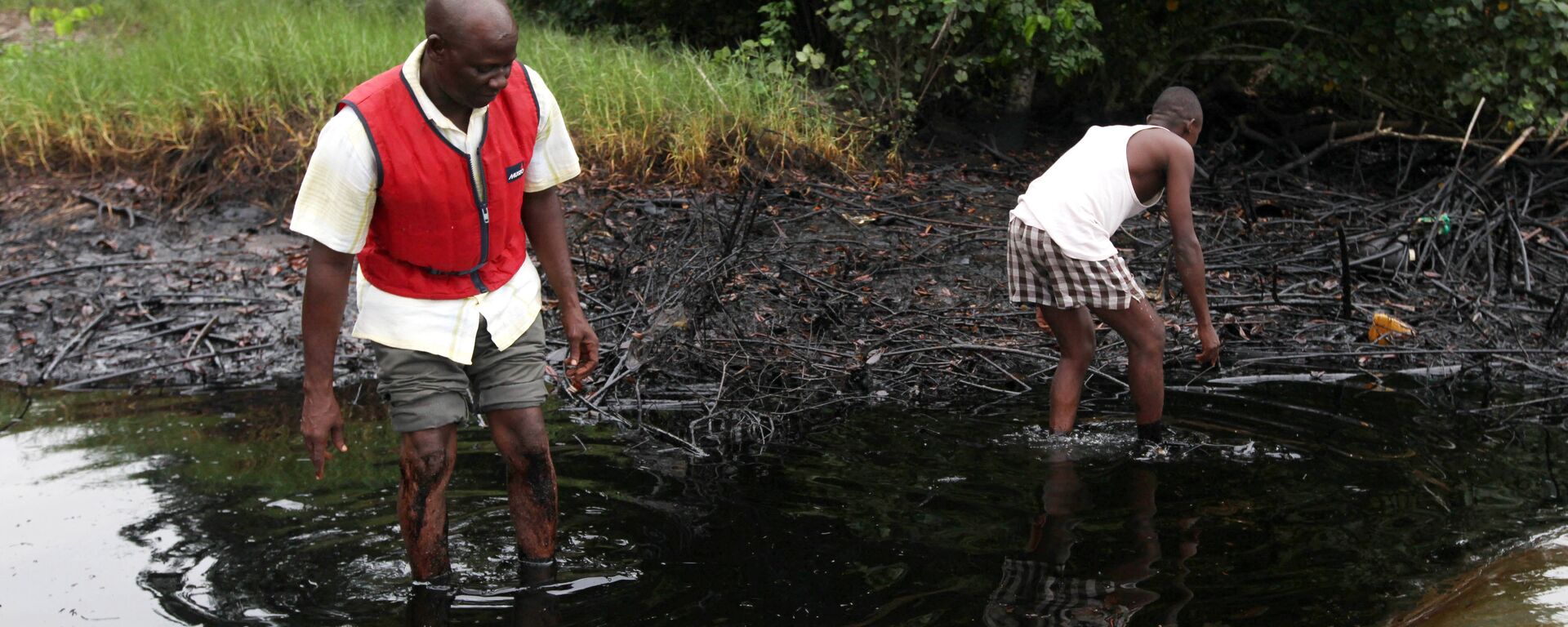Royal Dutch Shell has unveiled a strategy to become a net-zero carbon emissions company by 2050, a process that will come amid the energy giant's drive to reduce oil output.
"Our accelerated strategy will drive down carbon emissions and will deliver value for our shareholders, our customers, and wider society", Shell Chief Executive Officer Ben van Beurden said in a statement on Thursday.
He vowed to give Shell customers products and services that "they want and need" and which "have the lowest environmental impact".
"At the same time, we will use our established strengths to build on our competitive portfolio as we make the transition to be a net-zero emissions business in step with society", the Shell CEO underscored.
He pledged that the new strategy would create "more predictable cashflows" and add to generating higher returns, something that Van Beurden claimed would help the company increase its dividends by 4% a year, and reduce its net debt to $65 billion.
The statement came as Royal Dutch Shell signalled its readiness to slash net carbon intensity by up to 8% by 2023, which would increase to 20% by 2030 and 45% in 2035 before reaching an absolute emissions cut of 100% by 2050.
Jeanne Martin, a senior campaign manager from the London-based charity Shareaction, argued that Shell's blueprint raised "a lot of red flags".
"It continues to rely on weak intensity targets, targeting just 20% reduction in intensity by 2030, not absolute emissions, and is essentially kicking the difficult decisions into the long grass", she was cited by The Guardian as saying.
Martin was echoed by Mel Evans, a senior Greenpeace campaigner, who insisted that "without commitments to reduce absolute emissions by making actual oil production cuts, this new [Shell] strategy can't succeed nor can it be taken seriously".





